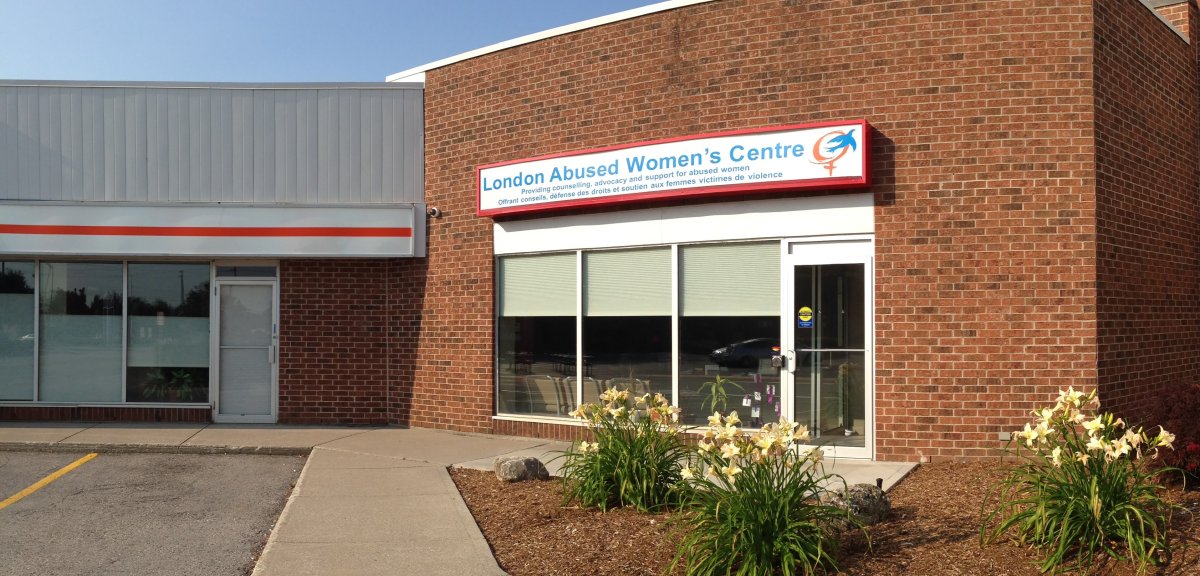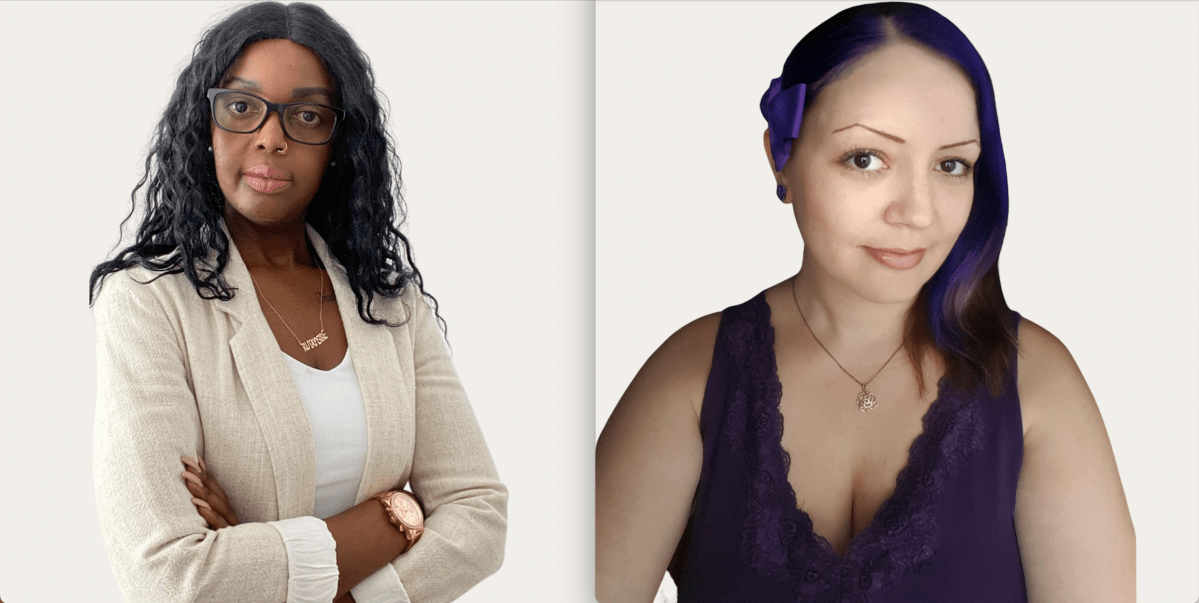WARNING: Content in this story may be disturbing to some readers. Discretion is advised.

With the demand for services growing, the London Abused Women’s Centre’s (LAWC) annual Shine the Light on Woman Abuse campaign is more important now than ever before. It launched Friday with a powerful story from a woman who overcame a lifetime of abuse.
This last year LAWC reported 3,800 women and girls received individual and group support, as well as 5,400 calls for support.
The centre is also reporting a 45 per cent increase in women and girls accessing their urgent services program during the COVID-19 pandemic.
The Shine the Light campaign was created to raise awareness of the issue of violence against women and show women and girls they are not alone.
“There is help when they are ready, and there is hope when they are ready … The community stands shoulder to shoulder with them and the shame and blame they may feel is not their’s to feel – it is the responsibility of the perpetrator,” said Jennifer Dunn, LAWC executive director.
Each year the campaign honours two women who are either survivors of violence against women or victims who have lost their lives.
This year’s honourees are Shadia Keza and Rebecca Amendola, who both survived being sexually abused as teenagers.

Keza, now a mother of two, survived the Rwandan genocide, child abuse, sex trafficking, and domestic violence.
Keza was seven when she and her siblings lost their parents in Rwanda – she says they ended up living on the streets before they moved in with an aunt in Uganda when she was 14.

Get breaking National news
“My aunt introduced me to the world of men’s violence against girls and women – she was not a good person and really only wanted me around so I could make money for her.”
Keza says she did not know it at the time they moved, but her aunt owned a brothel and expected her and to sell her body.
- ‘Alarming trend’ of more international students claiming asylum: minister
- TD Bank moves to seize home of Russian-Canadian jailed for smuggling tech to Kremlin
- Why B.C. election could serve as a ‘trial run’ for next federal campaign
- After controversial directive, Quebec now says anglophones have right to English health services
“I refused but because I did, I was made to sleep outside and denied food.”
Keza was 15 when she became a mother for the first time and says her aunt beat her with a metal cable when she found out she was pregnant.
“She treated me like I was less than nothing, that I was not even human, she let me know again and again that I did not deserve to have a good life and she was putting me down. Because I was getting this message from someone who was supposed to love me, I began to believe all of these things.”
Keza gave her daughter to the father’s family so she did not have to sell her body to feed her child or sleep outside with a baby.
She slept outside for the next three years, being rapped by a grown man at least once who choked her.
“For the longest time I judged myself for not yelling for help, for not doing anything other than laying there, and I know now I was in trauma, frozen, not being able to escape.”
“Sex is supposed to be something you want to do. When you have to sell yourself for money the men who buy you use you, and they do whatever they want to you and you don’t know if you will come home – that’s the scariest.”
When she was 18 years old Kaza met her now ex-husband who she thought was a friend who could give her a safe place to sleep at night.
“I got married because I felt like I had no other options, and it turns out there was no difference from where I ran to where I ran to.”
Kaza said her husband abused her and forced her to have sex.
“We were in town one time and I saw my cousin and my husband threatened to cut my hands off if greeted by my cousin. I felt scared, helpless, like a slave – I was not a wife anymore I was a slave.”

Kaza later immigrated to Canada with her husband where she said the abuse continued for years before she was able to get the courage to leave him 10 years ago.
“He continued to try to use my children as a way to have power and control over me.”
Kaza’s experience inspired her to go to school to study police foundations, with the dream of becoming an RCMP officer to help protect others like her.
“I want women to know they are not alone, I want women to know there are places they can go to get help, and that there are people there to support you. I want women to know we are strong.”
Throughout the month of November buildings throughout the City will be lit up with purple in support of the campaign.
On Nov. 1 the annual tree lighting will happen on the corner of Clarence Street and Dufferin Avenue at 5:30 p.m. where a tree in Victoria Park will be lit purple.
At the tree lighting, LAWC’s second honouree Rebecca Amendola will share her story of being sexually abused at 14 years old and taking her rapist to court.
Nov. 15 is the annual day to wear purple in support of the campaign and Dunn said people are encouraged to share their pictures and videos in support of the camping to start a conversation about the abuse of women and girls.
Those wanting to find out more about supporting the LAWC can find all of the information on the LAWC website.
If you or someone you know have experienced sexual or gender-based violence contact LAWC at 519-432-2204 or the Abused Women’s Helpline at 519-642-3000.













Comments